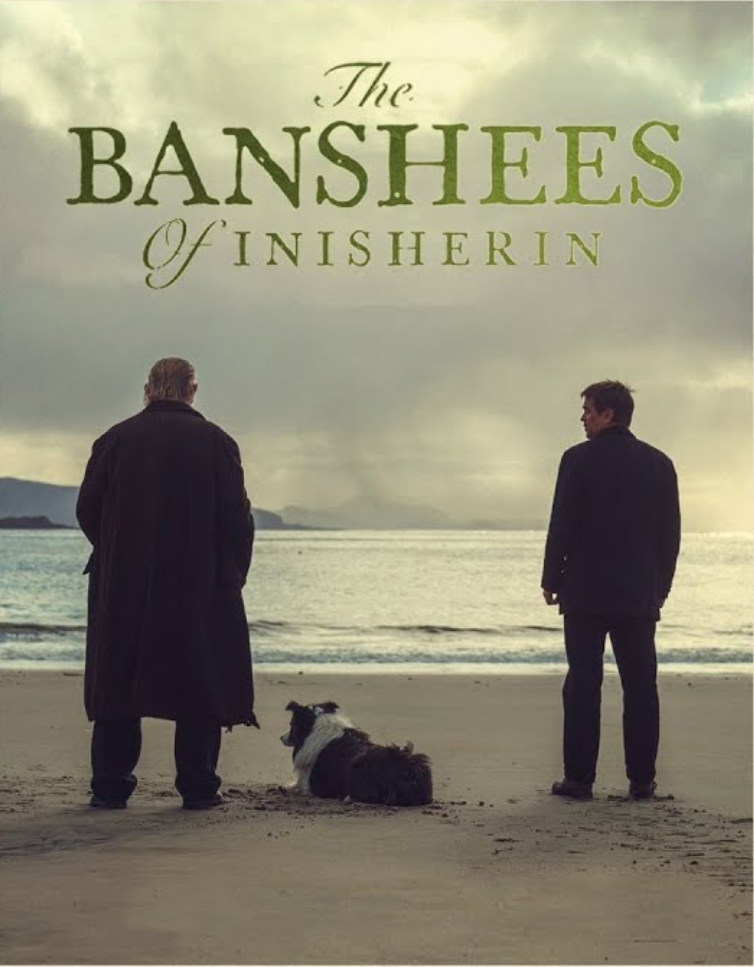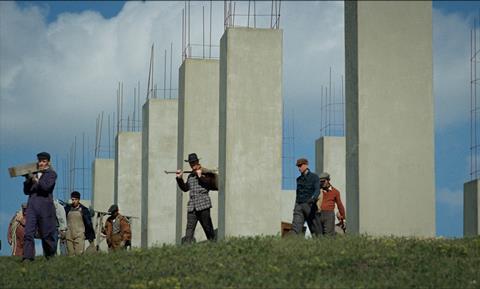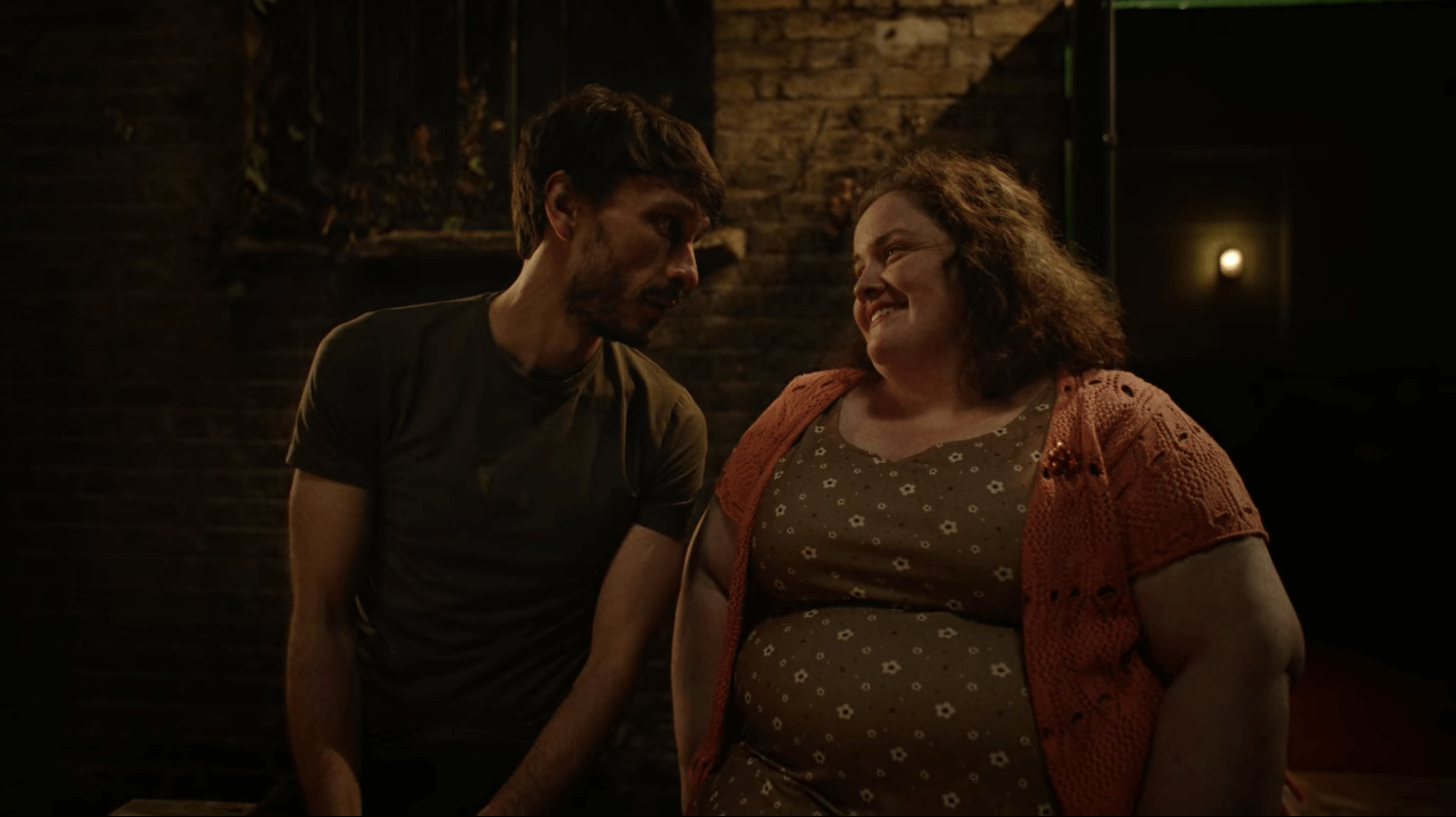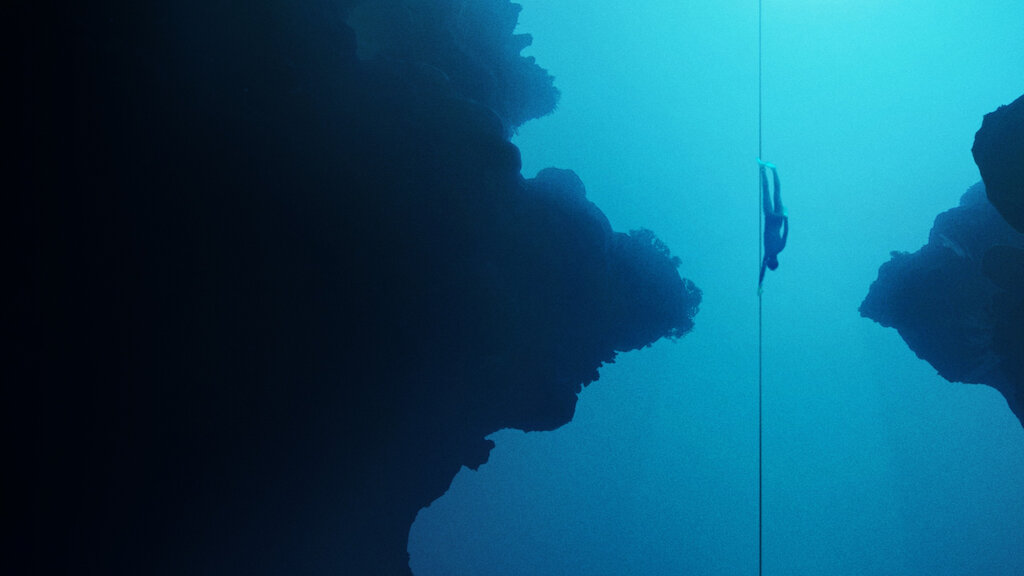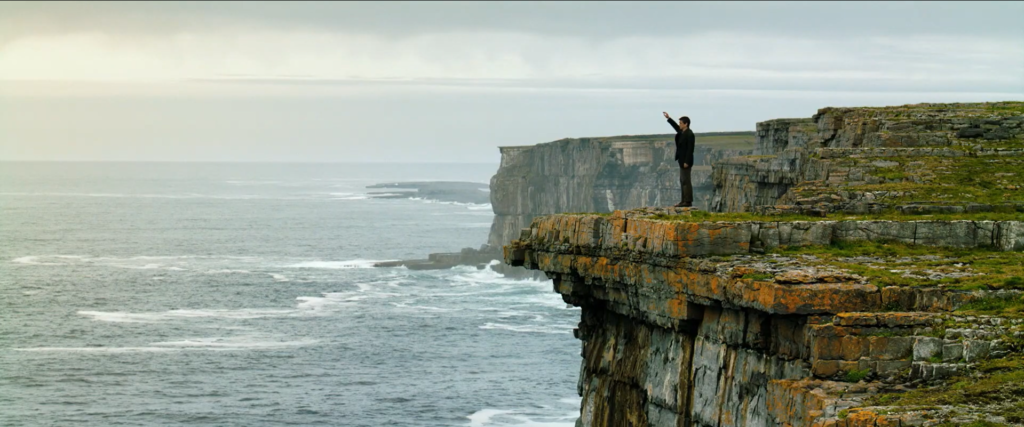
Martin McDonagh’s The Banshees of Inisherin is a unique film in several ways. The first is its juxtaposition of outlandish humor with sudden bursts of senseless violence. The second is its naturalistic script, paired with a highly naturalist cinematic style. The third is its purity of themes. The principle theme of the film is loneliness; loneliness is how the film starts, what it builds, and where it ends. Nested within this theme are subthemes so perfectly cradled within the gaping immensity of the feeling—the certainty—of loneliness that they cannot stand as themes on their own.
McDonagh is painterly in his approach. He treats the film as a canvas, and the condition of loneliness is layered onto it with plays of light; the curves of clouds that reach across the sky and fall away; the lines of habitations that suggest a yearning for permanence but that are nonetheless of the earth and shall return to the earth; the music of voices that sound and become silent. It begins with the cinematography, which centers around wide-angle long shots of the breathtakingly beautiful but desolate island of Inisherin. A rocky mass of sand and earth and rock tossed to the side of the Irish mainland, the island is lush and green but also misty and harsh. The inhabitants traverse the open spaces of their land as scarecrows against the backdrop of sea and sky. The verdant fields are meticulously separated by stone barriers. Each inhabitant has their territory, and while the business of one is the business of all for the gossips of the island, everyone must return to their own plot to remain behind their own closed doors each night.
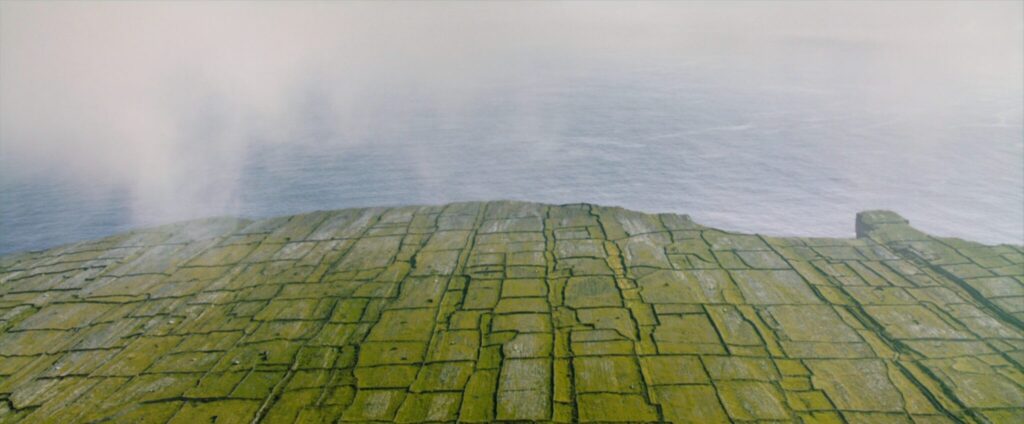
The premise of the film is a ruptured friendship between Padraic (Colin Farrell) and his best friend Colm (Brendan Gleeson). Literally overnight, Colm decides he “just doesn’t like” Padraic anymore and cannot be put upon to be his friend any longer. This sudden loss of his best friend sends Padraic into an increasingly desperate plight to regain Colm’s companionship—and Colm’s increasingly drastic counterefforts to keep Padraic away.
Colm explains his reasons to Padraic one night down the pub: aside from finding Padraic dull, he is concerned that his life is dwindling away and will soon end with no fanfare nor any lasting imprint on history. Who will remember him, or anyone else on Inisherin? No one. Their lives are comprised of nothing more than them “aimlessly chatting,” with any meaning to their words washed away against the roar of the Atlantic’s waves. Colm wants to spend his final years dedicating himself to his music, composing new songs with his fiddle so that he may contribute to—and be remembered by—posterity.
None of this makes any sense to Padraic, who maintains that “good, normal chatter” is healthy and gives their days a familiar shape. Though Padraic does not articulate it in this way, something in him knows, instinctively, that it is this shape that wards against the loneliness. Friendship, then, is another sort of scarecrow.
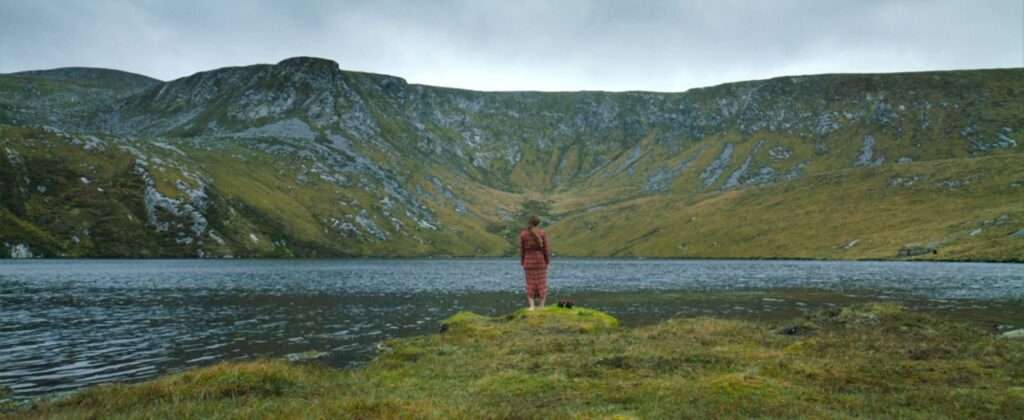
Padraic’s friendship can do nothing to ward away the existential loneliness of life—particularly a life unremembered.
For her part, Siobhan is driven to her wit’s end by the extremity of life on Inisherin, much of which comes not from the trying natural environment but from the inhabitants. Padraic is the one man who seems to remain untouched by all of the jealousy and judgment that his sister perceives as the chief characteristic of the Inisherin natives. The two siblings are locals as well, but Padraic is “a nice man,” and Siobhan is a bookworm who recognizes the boundaries—mental and physical—of island life all too well to be caught up in the ballyhoo and pettiness she witnesses around her. Though they are very different, both Siobhan and Padraic are outsiders, and they love one another for all that they are and the others are not.
Yet Padraic’s refusal to listen to Colm’s admonitions to stay away produce the exact effect that Colm contends Padraic’s dullness has already caused, albeit in a more literal way. Colm knows that Padraic’s friendship has done and can do nothing to ward away the existential loneliness of life, and he’ll be damned if Padraic shouldn’t be made to understand this unrelenting reality. And so Colm begins to slice off his fingers each time Padraic interacts with him (a rather counterproductive response, as Siobhan [Kerry Condon], Padraic’s clear-eyed sister, points out).
The other outsider in this story is Dominic, who is the village “gom” and the most tragic of the characters. Still just a teenager, Dominic is ignorant and odd, but as the prime punching bag of his physically and sexually abusive policeman father, it is hard not to wonder how he might have turned out if he had grown up in different circumstances. Dominic and Padraic are driven together after Colm abandons Padraic, and the two share a friendship that is based on mutual acceptance—at least until Padraic admits to Dominic that he has done something rather mean-spirited, and Dominic realizes that Padraic is taking an irreversible path away from being “nice” and becoming like everyone else.
After Colm’s melodramatic—and futile—finger-slicing inadvertently causes the death of Jenny, Padraic’s beloved miniature donkey, Padraic breaks. He can no longer and will no longer be “nice.” Abandoned by his best friend, his sister (who, perceiving the same existential threat as Colm, packs up and heads to the mainland for a librarian job), and his favorite pet, he commits to a vendetta against Colm that he pledges will last until one of their deaths.
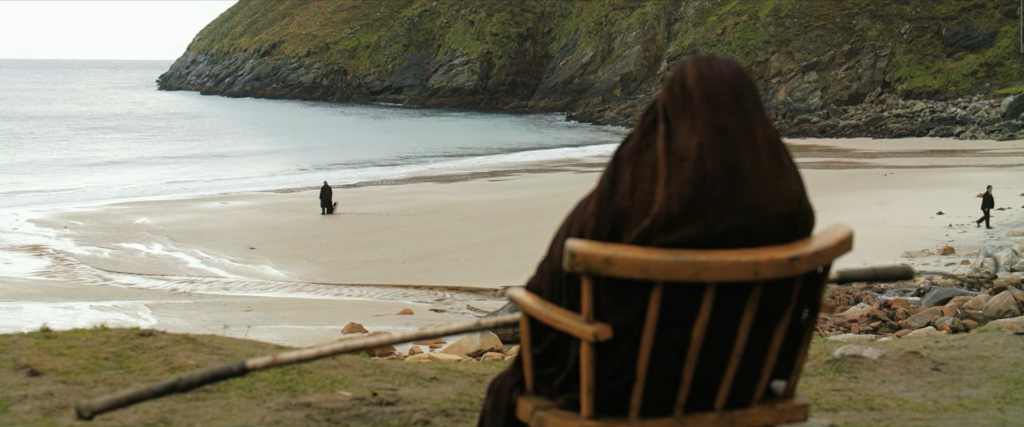
Ultimately, Dominic is found dead in the lake; Siobhan has left; and Padraic, in becoming “as bad as all the others,” in Dominic’s words, is no longer an outsider. The distractions that kept Padraic from seeing an inevitable reality have been torn away, and all that is left is the persistent roar of the sea.
Early in the film Siobhan asks her brother if he never feels lonely. He scoffs and leaves, uninterested in what he views as a useless discussion for someone who spends every afternoon in the pub in good company. By the end of the film, after he writes to Siobhan to refuse her offer to join her on the mainland, we see him lying alone in his bedroom, Jenny’s bell clutched in his hand, his cows and horse wandering through the house as he sleeps.
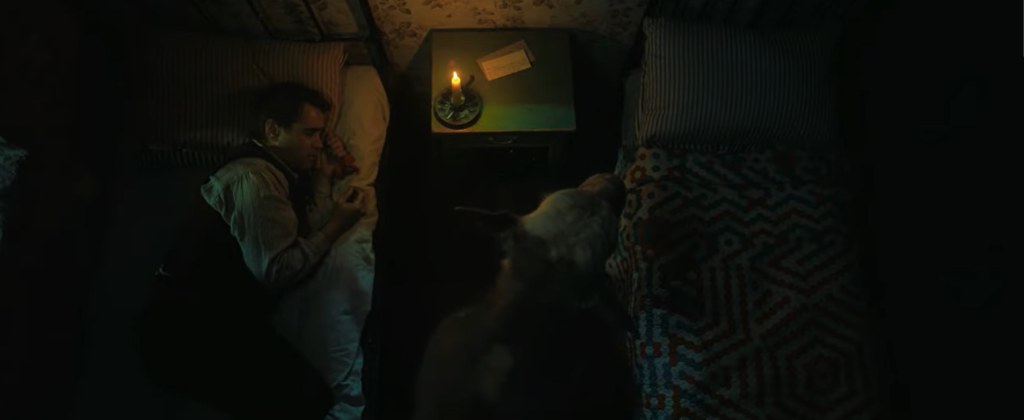
Copyright © 2022 My Sunset by Bogdan Bendziukov.


